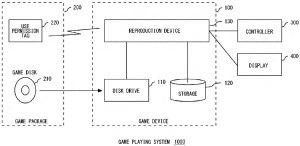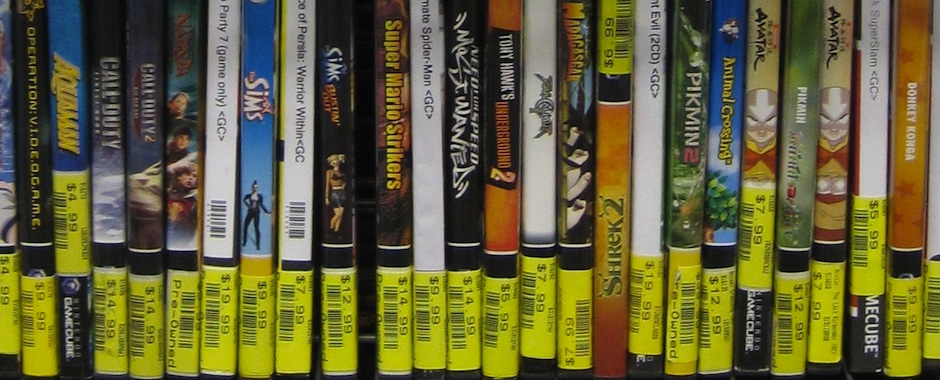In a newly published patent application filed by Sony this past September, we learn that the PlayStation-maker is looking to embed RFID chips into game discs. Not for a new user feature or new way to interact with games, but for copy protection and preventing second-hand game use.
The tiny chip would be read by a PlayStation 4 (presumably) and be coded to only work on that specific console. The benefit to consumers is that it is DRM (digital rights management) without requiring an internet connection, but of course it leaves a lot of people wondering how they’ll be able to use their own content on their own machines if they’ve got more than one.
The big use here is to prevent people from selling the games they no longer play because those second-hand games are huge business, and none of that profit goes to the game maker.
 There is an ethical argument to be had here, and one that we foresee turning into a legal one. We’d be willing to bet that some countries will put in place (if they don’t already exist for other media) some measures to ensure that people have the right to sell their own property once they have finished using it, meaning Sony would not ever be able to implement these kinds of measures.
There is an ethical argument to be had here, and one that we foresee turning into a legal one. We’d be willing to bet that some countries will put in place (if they don’t already exist for other media) some measures to ensure that people have the right to sell their own property once they have finished using it, meaning Sony would not ever be able to implement these kinds of measures.
With that said, they could clearly state that the game or movie you are purchasing is simply for a license to use that game or movie and it is not allowed to be resold for any reason. Sony would likely come under big fire if they pulled a move like that, however.
The patent itself does not reference a specific game console, but rather describes the locking process. It says that a “permission tag” is passed to the disc’s RFID tag that is used to decrypt the information on the disc. However, when that first permission tag gets sent to the disc, it also stores a log of it so that only that same permission tag (coming from the same console) will be able to decrypt it in the future.
So what if your PlayStation breaks? Or you’ve got a PlayStation and a Blu-ray player and want to watch a movie you bought in a different room in your house than the first place you played it. We don’t know yet, but this is just a patent filing at this point, and nothing concrete is put in place. That doesn’t mean that Sony hasn’t already implemented this in their next console (they don’t need a patent to be approved for them to make it happen) but doing so would really put a strain on gamers and, in our opinion, a hugely negative eye on Sony from the gaming community.
In the end, Sony will make whatever decision it deems fit. However, they’ll be struggling with keeping their developers happy on the one hand, while the people who make sure those developers stay in business – the gamers – will be up in arms over the new measures. Time will tell what happens, but we’re hopeful Sony doesn’t do anything too rash.

